Sristhee Sethi, LMSAI India Fellow, on the “Lifeworlds” of Borderlands and Migration
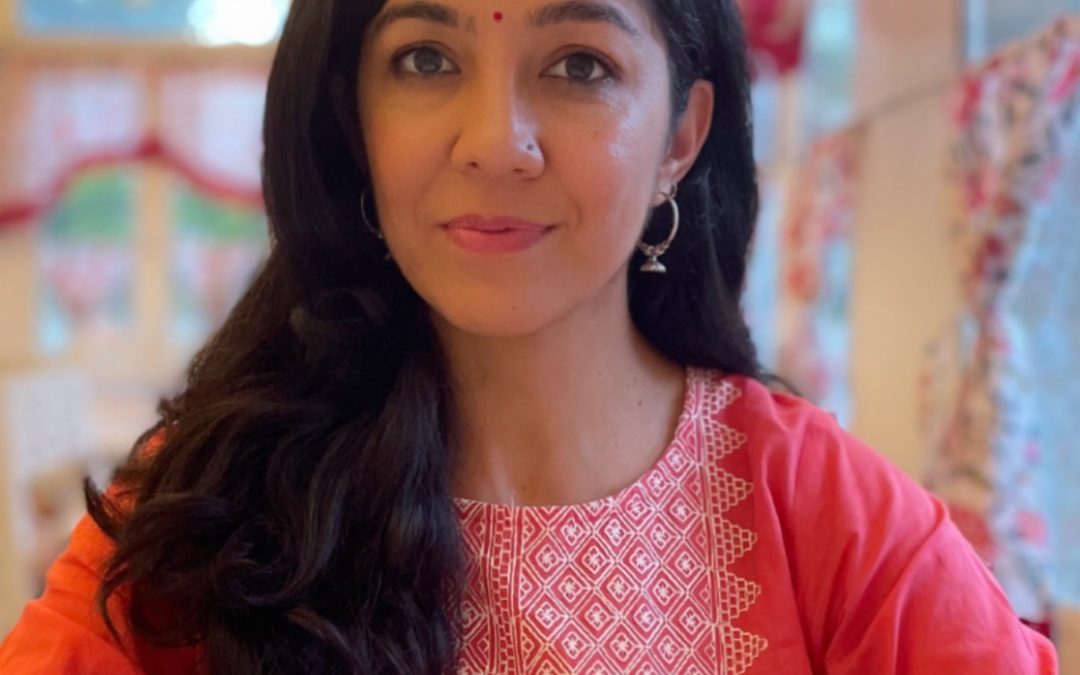


Tariq Omar Ali received his Ph.D. in history from Harvard and is now an Associate Professor at Georgetown University. His research focuses on nineteenth and twentieth century South Asia and global histories of capital with a particular interest in how the material and everyday lives of ordinary men and women are shaped by transnational circulations of commodities and capital. His first book, A Local History of Global Capital: Jute and Peasant Life in the Bengal Delta was published by Princeton University Press, 2018. He will be presenting his new research examining how decolonization, independence, and the rise of the nation-state restructured the working lives of peasants, boatmen, itinerant traders, and small businessmen in post-colonial East Pakistan (present-day Bangladesh) in the 1950s and 1960s at the Tufts-Harvard Conference on the 75th Anniversary of Independence and Partition, October 7-9. Prof. Ali will be speaking on Friday, October 7 at 4:30 p.m. on a panel chaired by Prof. Amartya Sen at the ASEAN Auditorium, Cabot Building, Tufts University.

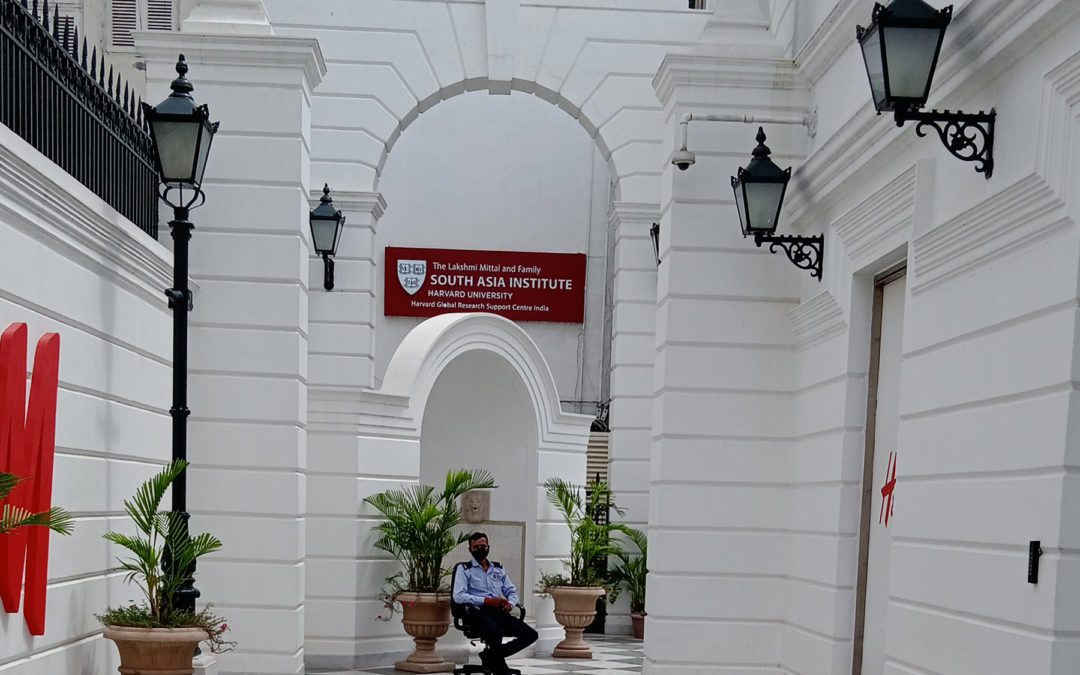
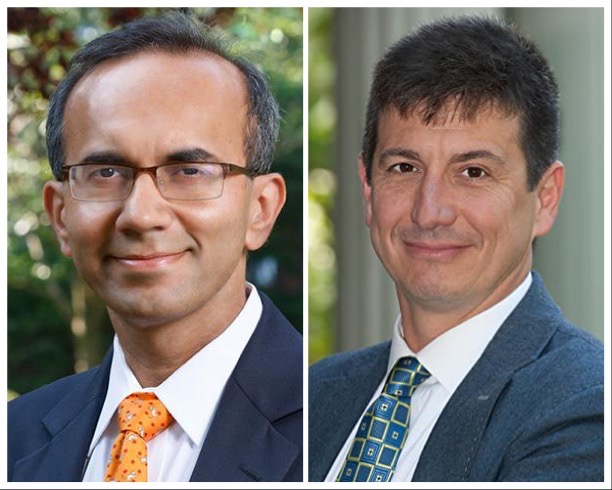
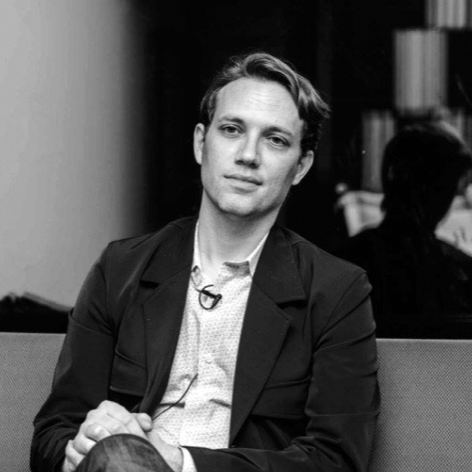
Anthony Acciavatti works at the intersection of architecture and the history of science and technology. He is interested in experimental forms of scholarship, pedagogy, and design afforded by humanistic inquiry. His most recent book, Ganges Water Machine: Designing New India’s Ancient River (Applied Research & Design, 2015), is the first comprehensive mapping and environmental history of the Ganges River Basin in over half a century. He spent a decade hiking, driving, and boating across the Ganges to map it and to understand the historical conflicts over water for drinking, agriculture, and industry. Combining fieldwork with archival research, the book is an atlas of the enterprise to transform the Ganges into the most hyper-engineered landscape in the world.
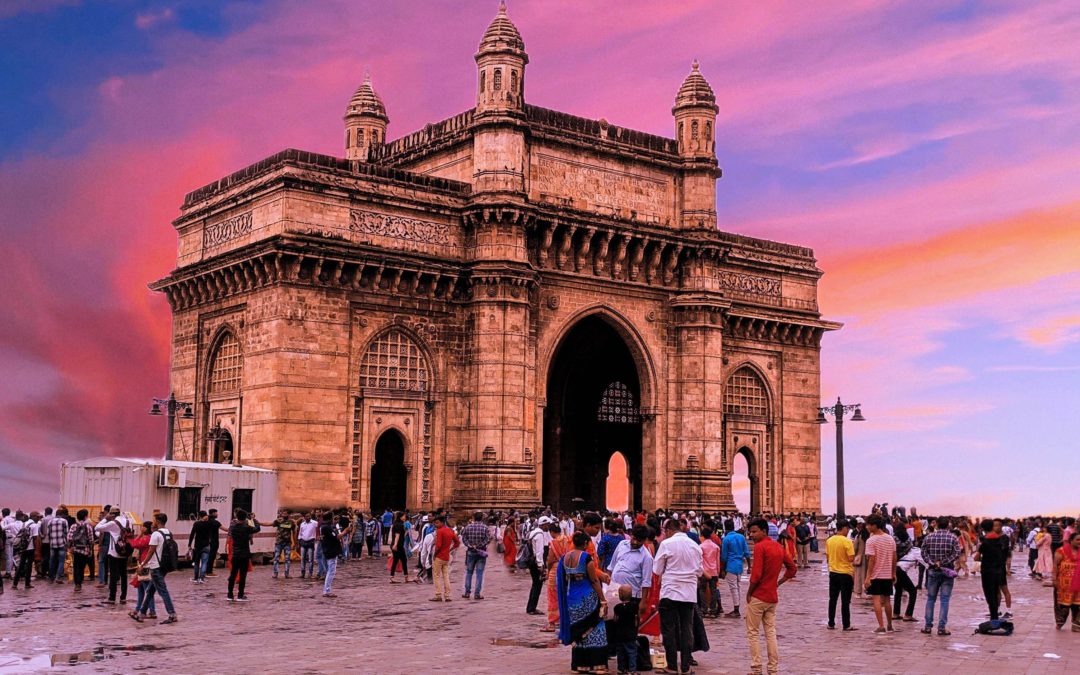
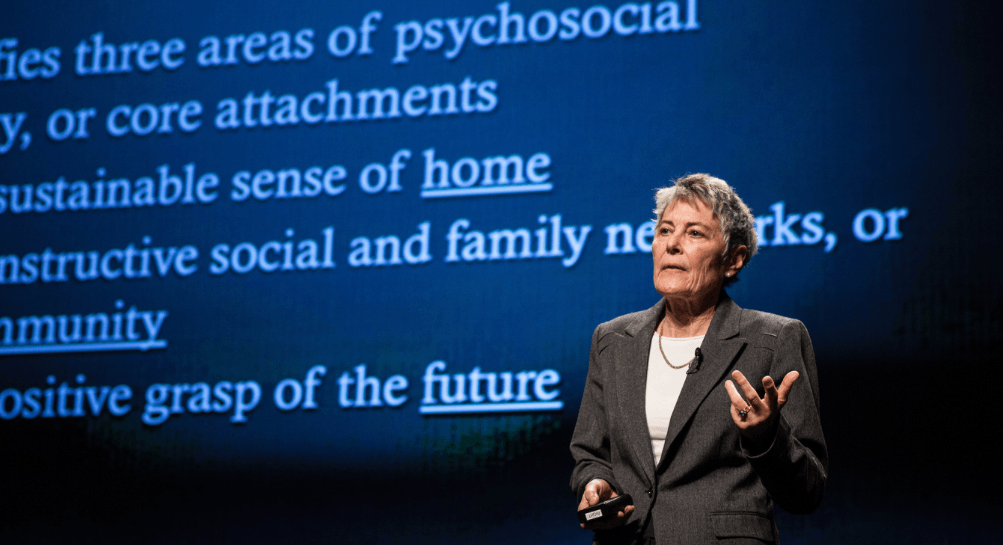
An expert in public health and rights-based responses to humanitarian crises, Dr. Jennifer Leaning has spent her nearly 50-year career at the intersection of war and disaster, atrocities and conflict. Despite witnessing some of the darkest instances of human behavior, it is a ‘kindness of strangers’ motif that motivates her work. She applies this approach to the Mittal Institute’s 1947 Partition Project, which she has led since its inception in 2016.

Hemakshi Meghani, co-founder of the Indian School of Democracy (ISD), is a Harvard Kennedy School graduate, where she studied as a World Bank Graduate Scholar. She began her journey as a Teach for India Fellow before working with Boston Consulting Group and two startups in the education and sociopolitical consulting space. Hemakshi is passionate about politics, bottom-up social reform, and making democracy work for every citizen of the country, and she shared some insights into her experience building ISD.
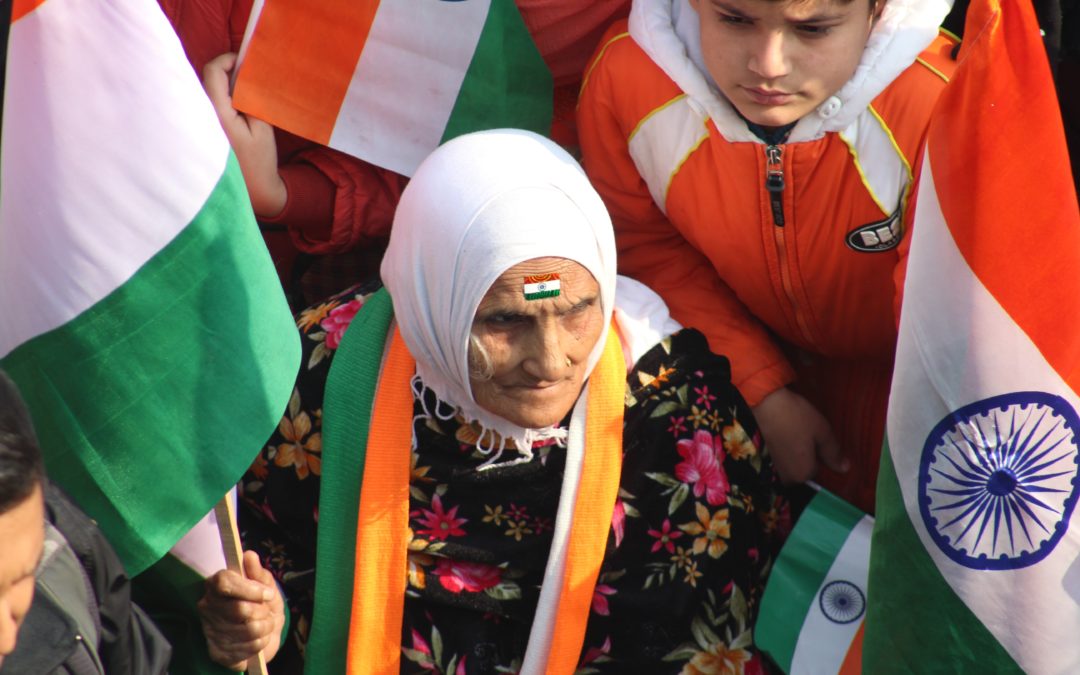
Hansong Li (Mittal Institute, Harvard University), spoke with Pratap Bhanu Mehta (Centre for Policy Research, New Delhi; Laurance S. Rockefeller Distinguished Professor at the Center for Human Values, Princeton University) about the South Asian political sphere ahead of the 2022 Global Political Thought Conference on April 8. Both interlocutors are founding members of the Association for Global Political Thought, an international, interdisciplinary, and intercollegiate project founded in 2021, supported by humanists and social scientists from global institutions. What follows is an exerpt from their conversation – to read the full text, visit the article in Comparative Political Theory.
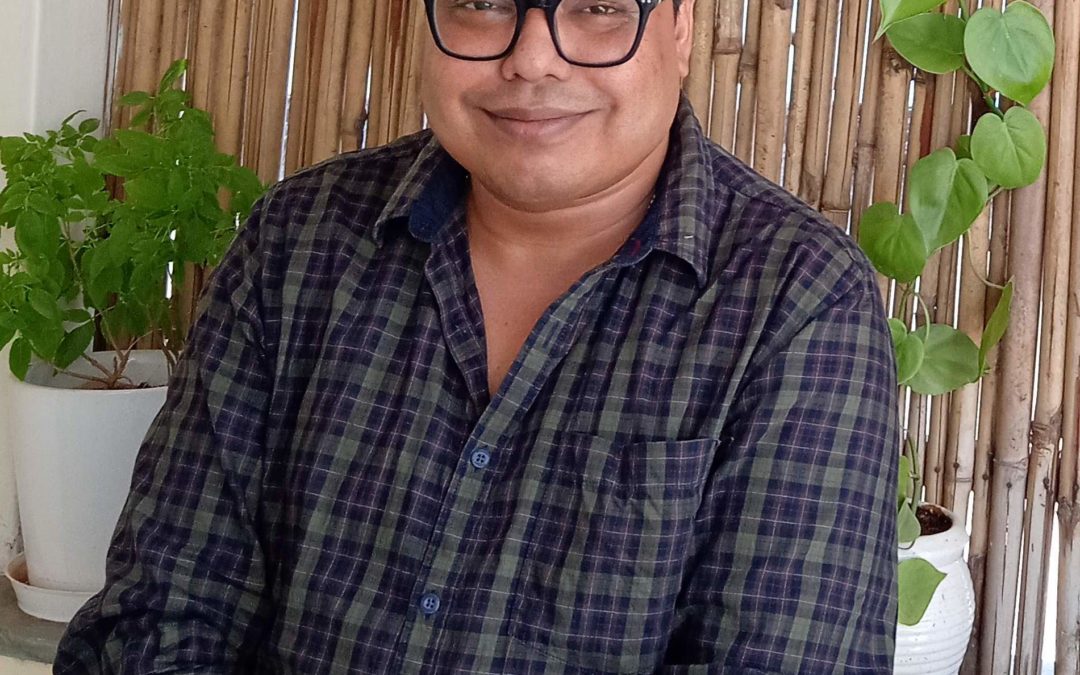
Last week we introduced one of our Mittal Institute India Fellowship recipients, Mayanka Ambade. Now, meet our second fellow, Ankur Tamuli Phukan. Ankur is a historian and has a broad research interest on issues such as festivals, populism, nationalism, migration, citizenship and ecology. His field of study is largely located in the archives of Northeast India. Ankur will be mentored by Professor Sugata Bose.
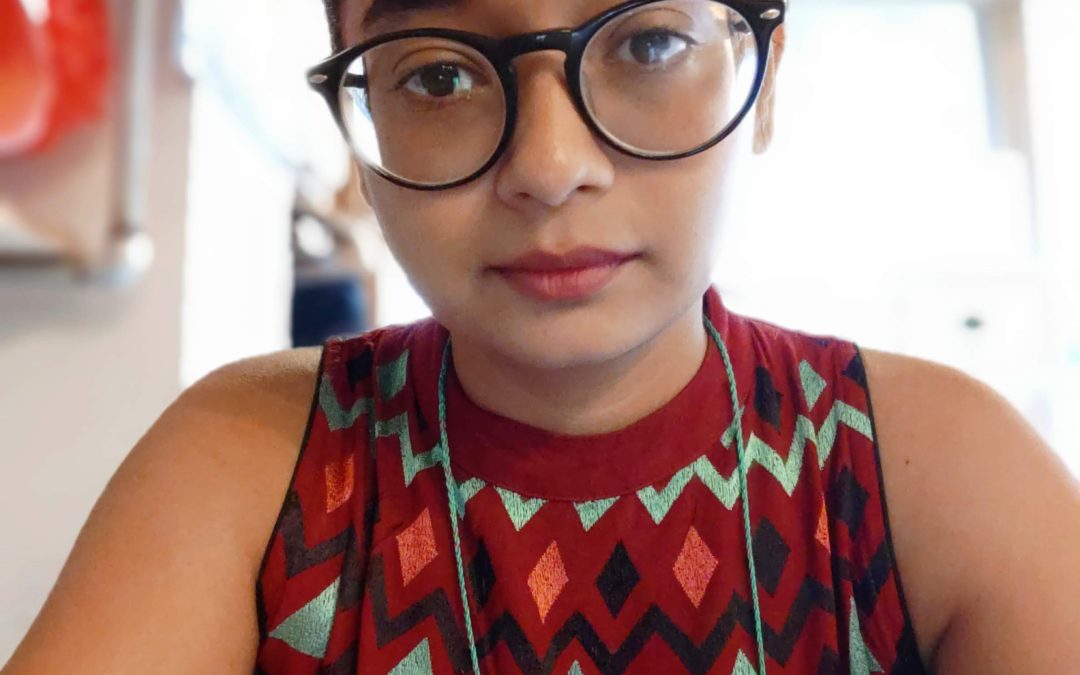
The Mittal Institute offers opportunities for scholars and practitioners to utilize the university’s resources to contribute to self-driven, independent research. The first Mittal India Institute Fellowship began on March 15 and we spoke with one of the fellows, Mayanka Ambade, about her plans for the upcoming year.